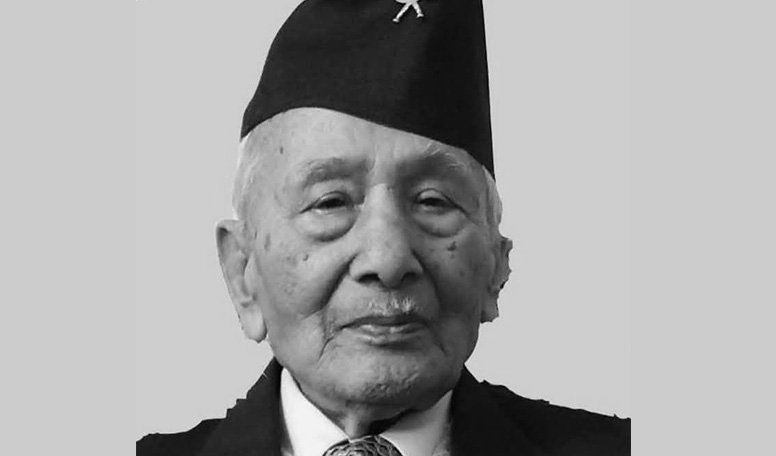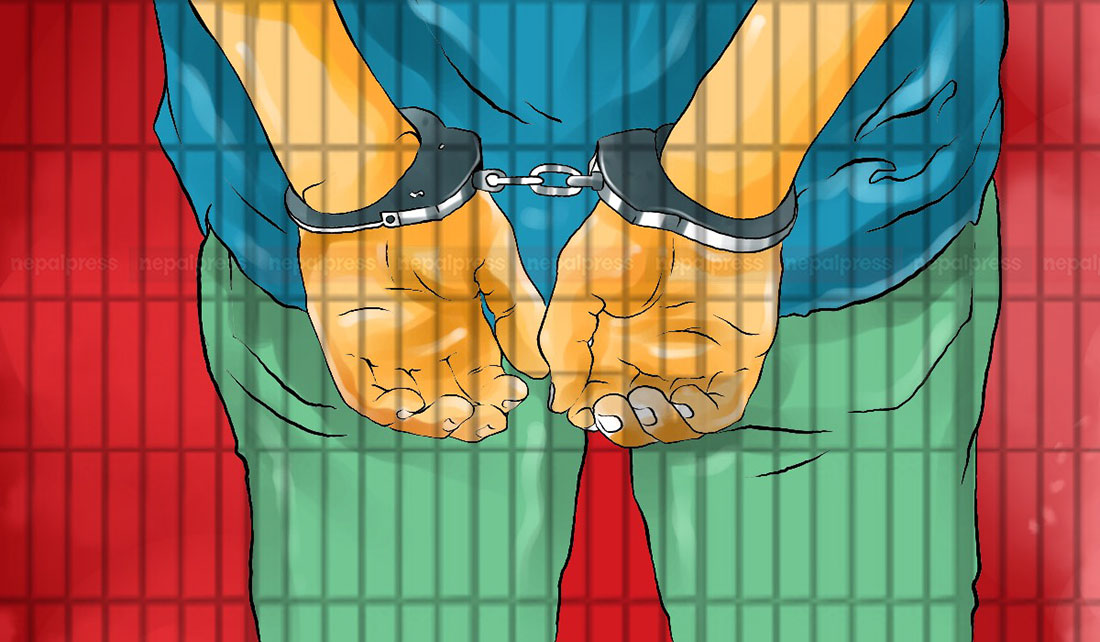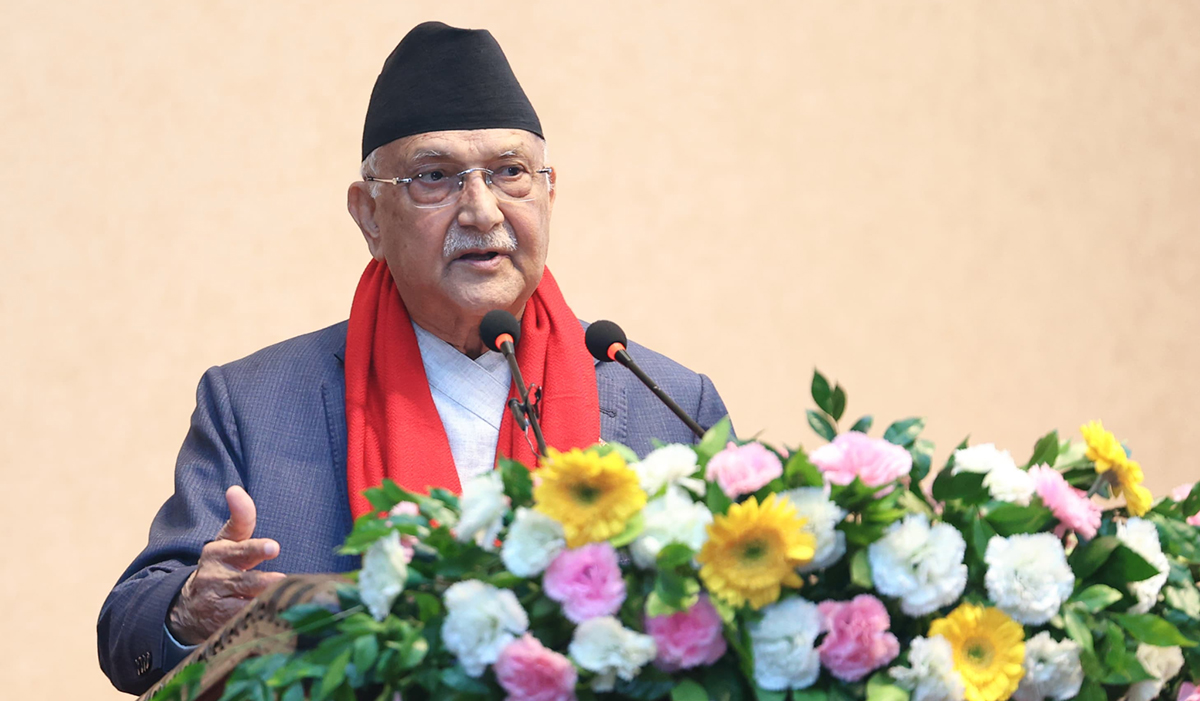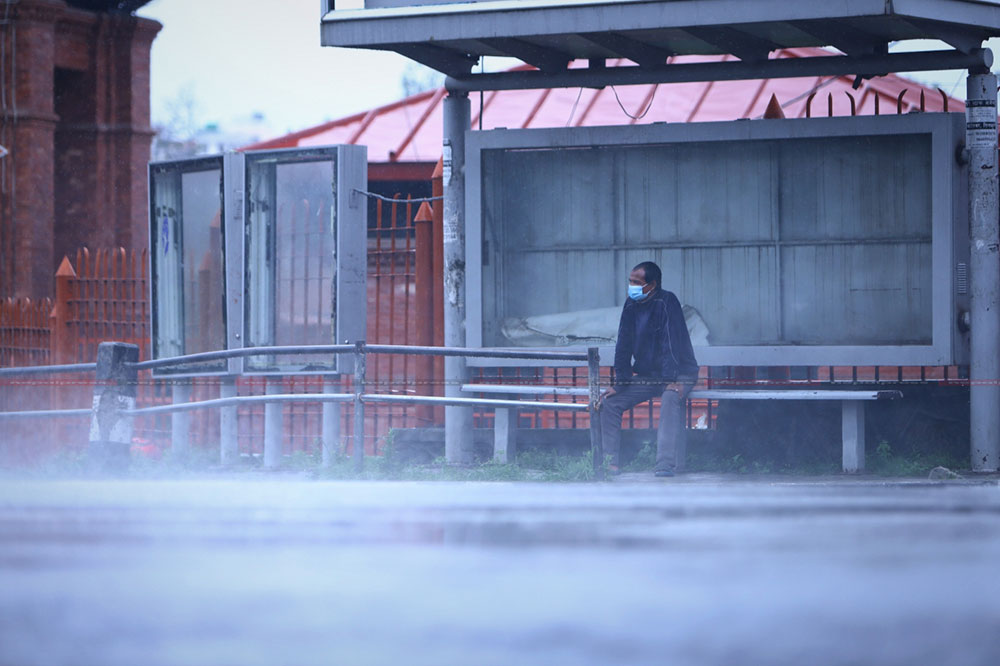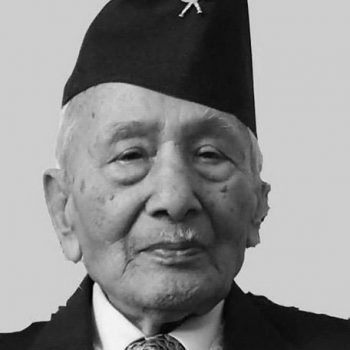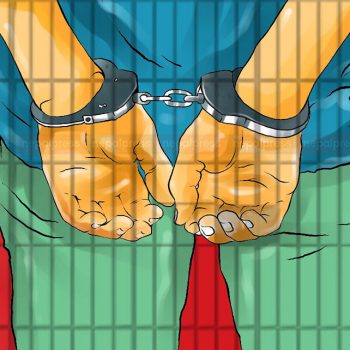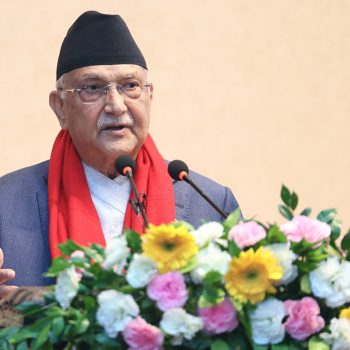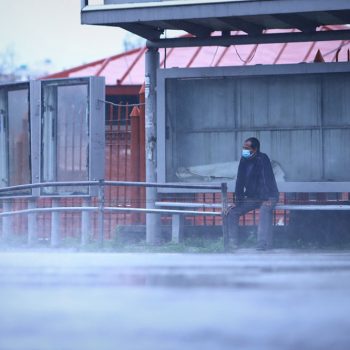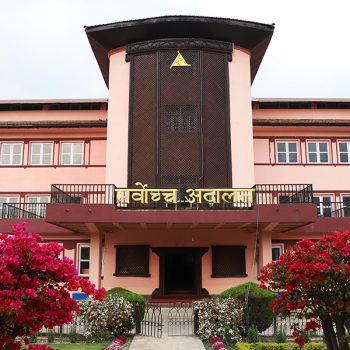WorldLink playing dirty games to cough up Rs 9 billion from government
 NepalPress
NepalPress
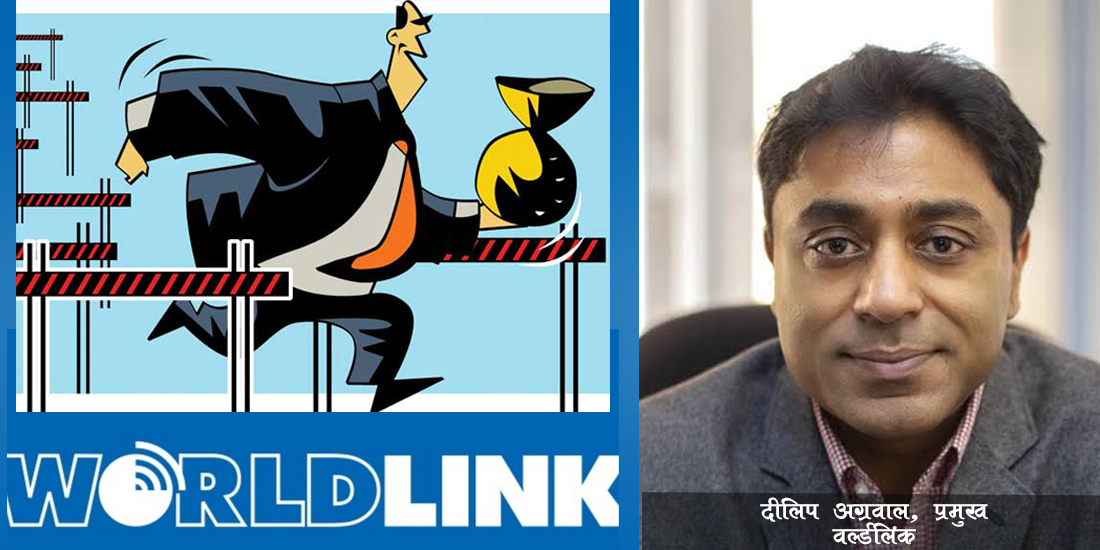
KATHMANDU: While the government is failing to implement the Aala Cart system implemented in television broadcasting and foreign exchange has also been stopped, it has been revealed that billions of revenues are illegally being evaded in the name of foreign television signal and video transmission and distribution fees in Nepal.
A game is being played to cough up Rs 9 billion in WorldLink in collusion with the government officials. However, its competitor internet service providers are being imposed hefty fines.
The Department of Information and Broadcasting has already issued a letter to internet service providers such as Subisu and Vianet among others to pay millions of rupees as transmission and distribution fees.
But the government has not been able to tell anything to Worldlink, which has to pay billions of rupees.
When Nepal Press brought up the issue that World Link had not paid Rs 4 billion as Rural Telecommunication Fund and royalties, the matter reached the court through the ministry. Later, the Supreme Court ruled that WorldLink should pay the royalty amount.
Though Nepal Press published the news of illegally broadcasting television without paying royalties for 10 years with evidence, WorldLink ignored the news and moved the court instead.
Evidence has also been found that Rs 9. 67 billion should be recovered from the company that is evading billions of revenues through internet services and television broadcasting by influencing the government itself with money.
Now, a question has been raised about whether the leadership of the Ministry of Communication and Information Technology would turn their blind eye to the illegal business of WorldLink or collect the revenues and stop illegal broadcasting.
The details of the evidence collected by Nepal Press by carrying out an investigation with the help of a ‘research team’ of experts is presented here.
Since last year, Nepal Press has been publishing the news about the irregularities in Nepal’s telecommunication sector and television broadcasting with evidence.
In some cases, legal action has been taken against the culprits, while in some cases of irregularities, the cases are sub-judice in the court.
It has been seen that the Nepal Telecommunication Authority, the Ministry of Communication and Information Technology and the Department of Information and Broadcasting have not taken any initiative to collect TSC, royalty, RTDF fees, transmission and broadcasting fees from WorldLink for the past 10 years.
WorldLink Communication Limited had been illegally operating IPTV: Internet Protocol Television for more than a decade.
Nepal’s Broadcasting Law does not allow to sell and distribute set-up boxes to organizations that do not have a broadcasting permit.
The government has been giving approval to WordLink to sell set-up boxes since 2016.
So far, WorldLink has imported and distributed more than 1.2 million set-up boxes. There is evidence that WorldlLink has distributed set-up boxes to more than 900, 000 customers and has been charging monthly and yearly television broadcasting fees.
Worldlink received IPTV broadcasting license in 2018 after other broadcasting institutions filed a complaint against it for illegally broadcasting IPTV and importing and distributing set-up boxes.
It has also been found that WorldLink has been collecting broadcasting fees from customers without paying broadcasting and distribution fees to the government.
WorldLink also did not pay royalty and RTDF fee due under the Telecommunication Act, 2053 to the government.
A representative of an IAP service provider said that Worldlink has adopted a strategy of defrauding the state by financially undermining other competing service providers and television broadcasters and creating unhealthy competition.
The representative claimed that WorldLink has the support of some employees of Nepal Telecommunication Authority, Ministry of Communication and Information Technology and the Department of Information and Broadcasting.
The government of Nepal is losing revenue as WorldLink has not been paying broadcasting and distributing fees to the government.
On the other hand, an environment of unhealthy competition has arisen in the field of television broadcasting. Similarly, the huge investment of the state has also been put at risk.
Meanwhile, NITV Streamz, a wholly owned entity of Worldlink Communication Limited, is illegally broadcasting television programs such as Video on Demand through OTT.
According to the existing legal system, one has to pay a license fee to the government to broadcast television through OTT in Nepal.
Likewise, one has to pay a license fee of Rs 200, 000 for each video
To operate video on demand service, one has to take a license by paying a license fee of Rs 200, 000 for each video.
After operating the service by taking license, the transmission and distribution fee must be paid to the Nepal government at the rate of two percent annually based on the total income.
But NITV Streamz has been operating OTT and Video on Demand services for a long time without taking any license and causing loss of millions of rupees to the state.
According to experts in this field, such illegal activities should be stopped immediately.
Government officials said that it is discriminatory to impose millions of fines to Subisu Cable Net Pvt. Ltd and Vianet Communications which have been broadcasting programs by taking license.



